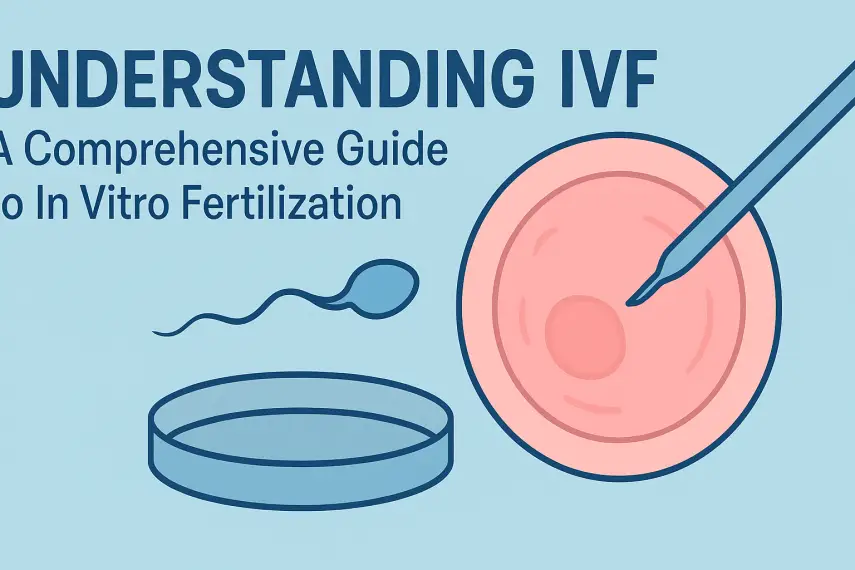
Mother & Baby Health: Essential Guide for a Healthy Start
📑 Contents
Mother & Baby Health: Essential Guide for a Healthy Start
Maintaining optimal health for both mother and baby is crucial before, during, and after pregnancy. A proactive approach to health ensures the well-being of both, supporting healthy development and reducing risks. This comprehensive guide covers essential aspects of mother and baby health, from prenatal care to postpartum recovery, nutrition, common health concerns, and practical tips for a healthy beginning.
Prenatal Care: Laying the Foundation for Health

Prenatal care is one of the most important steps in ensuring a healthy pregnancy and a thriving baby. Regular check-ups with a healthcare provider allow for early detection of potential issues and provide guidance on maintaining a healthy pregnancy.
Key Components of Prenatal Care
- Routine Check-ups: Regular visits to monitor mother’s health, fetal growth, and development.
- Screening Tests: Blood tests, ultrasounds, and genetic screening to identify any risks or complications.
- Vaccinations: Ensuring up-to-date immunizations, such as flu and Tdap, to protect both mother and baby.
- Lifestyle Guidance: Advice on exercise, nutrition, and avoiding harmful substances.
Early and consistent prenatal care is linked to fewer complications and better outcomes for both mother and baby.
Nutrition for Mother and Baby

Proper nutrition plays a pivotal role throughout pregnancy and into infancy. A balanced diet supports fetal development, maternal energy, and postpartum recovery.
Essential Nutrients During Pregnancy
| Nutrient | Recommended Sources | Benefits |
|---|---|---|
| Folic Acid | Leafy greens, fortified cereals, beans | Reduces risk of neural tube defects |
| Iron | Lean meats, spinach, legumes | Prevents anemia, supports oxygen supply |
| Calcium | Dairy, tofu, broccoli | Builds strong bones and teeth |
| Omega-3 Fatty Acids | Fish, walnuts, flaxseed | Supports brain and eye development |
| Vitamin D | Sunlight, fortified milk, eggs | Helps calcium absorption, immune function |
Hydration and Healthy Habits
Staying hydrated is equally important. Aim for at least 8–10 cups of water daily, and limit caffeine and sugary drinks. Avoid alcohol, tobacco, and unpasteurized foods to minimize risks.
Newborn Health: Building Strong Foundations

After delivery, the focus shifts to ensuring newborn wellness. Early check-ups, proper feeding, and safe sleep practices are vital in the first months of life.
Newborn Care Essentials
- Breastfeeding or Formula Feeding: Provides essential nutrients and strengthens immunity.
- Immunizations: Follow the recommended vaccination schedule to protect against diseases.
- Safe Sleep: Place babies on their backs in a crib free of soft bedding to reduce SIDS risk.
- Regular Check-ups: Monitor growth, development, and screen for any health concerns.
Bonding and Development
Skin-to-skin contact, talking, and gentle play foster emotional bonds and support cognitive and physical development.
Postpartum Recovery and Maternal Health
The postpartum period can be both joyful and challenging. Mothers need time and support to recover physically and emotionally after childbirth.
Physical Recovery
- Rest: Prioritize sleep and accept help from family or friends.
- Nutrition: Continue a balanced diet to support healing and, if breastfeeding, milk production.
- Exercise: Gentle activity, like walking, can aid recovery, but consult your doctor before resuming intensive exercise.
- Postnatal Check-ups: Attend follow-up visits to monitor healing and address any concerns.
Mental Health Matters
Postpartum mood changes are common. While "baby blues" typically resolve within two weeks, persistent feelings of sadness, anxiety, or hopelessness may signal postpartum depression. Seeking support from loved ones and professionals is vital.
Common Health Concerns and When to Seek Help
Both mothers and babies can face health challenges. Understanding common issues and recognizing warning signs can ensure timely intervention.
For Mothers
- Heavy bleeding or signs of infection after delivery
- Persistent pain, fever, or swelling
- Symptoms of depression or anxiety
For Babies
- Fever, poor feeding, or lethargy
- Difficulty breathing or blue skin color
- Persistent vomiting, diarrhea, or dehydration signs
Always consult your healthcare provider if you notice unusual symptoms or have concerns about your health or your baby’s well-being.
Promoting a Healthy Home Environment
A safe and nurturing home environment is essential for the health and development of both mother and baby. Simple steps can significantly reduce risks and promote well-being.
- Hygiene: Regular handwashing and clean surfaces help prevent infections.
- Smoke-Free Home: Avoid exposure to tobacco smoke and other harmful chemicals.
- Childproofing: Secure furniture, cover outlets, and store hazardous substances safely.
- Emotional Support: Open communication and shared responsibilities help reduce stress and foster family bonds.
Tips for a Smooth Transition to Parenthood
Adjusting to life with a new baby is a major transition. Practical strategies can help parents manage challenges and enjoy this special time.
- Plan Ahead: Prepare meals, create a support network, and organize essentials before the baby arrives.
- Share Responsibilities: Involve partners and family members in baby care and household tasks.
- Self-Care: Take time for yourself, even if it’s just a few minutes a day.
- Stay Informed: Keep up with well-baby visits and recommended screenings.
- Seek Help When Needed: Don’t hesitate to reach out to healthcare providers, support groups, or counselors.
Frequently Asked Questions
1. How often should I see my doctor during pregnancy?
Most women have monthly visits until 28 weeks, biweekly until 36 weeks, and weekly until delivery, unless otherwise advised.
2. What foods should I avoid during pregnancy?
Avoid raw or undercooked meats, unpasteurized dairy, high-mercury fish, and foods prone to contamination like deli meats and soft cheeses.
3. When should I start prenatal vitamins?
Ideally, start prenatal vitamins at least one month before conception and continue throughout pregnancy and breastfeeding.
4. How can I tell if my baby is getting enough milk?
Signs include regular wet and dirty diapers, steady weight gain, and contentment after feedings. Consult a pediatrician if you have concerns.
5. What are signs of postpartum depression?
Symptoms may include persistent sadness, anxiety, irritability, loss of interest in activities, trouble bonding with the baby, or thoughts of self-harm. Seek professional help if you experience these symptoms.
Summary
Mother and baby health is a lifelong journey that begins well before birth. Prioritizing prenatal care, nutrition, newborn wellness, and postpartum recovery sets the stage for a healthy future. By staying informed, seeking support, and fostering a safe environment, families can ensure the best outcomes for both mother and child.











